Working within Visual Studio 2015, I have a conditional check to the effect of:
if(String.IsNullOrWhiteSpace(stringToTest))
And I saw an IDE001 quick tip or action suggesting that the "Name can be simplified" with a suggested correction of:
if(string.IsNullOrWhiteSpace(stringToTest))
With the only difference being to use string instead of String.
MSDN examples use an uppercase S with String, and this SO answer clarifies that "string is an alias in C# for System.String. So technically, there is no difference."
And to be clear, my question relies upon the answers within String vs. string, but I have a different question than what is asked there.
Also related is this SO question, although the answers there don't really address the question. That particular question is very similar to mine, however it is marked as a duplicate of the other SO question I noted. And there is a comment by the OP indicating this is brand new behavior only seen in 2015.
My Question
My question is that if the two variable types are equivalent, and MS examples use the upper case version, why am I seeing quick actions to use the lower case version? Was there a change in the .NET 4.6 framework and VS2015 to encourage using the lower case version? It doesn't seem like I should be seeing that type of a tip.
